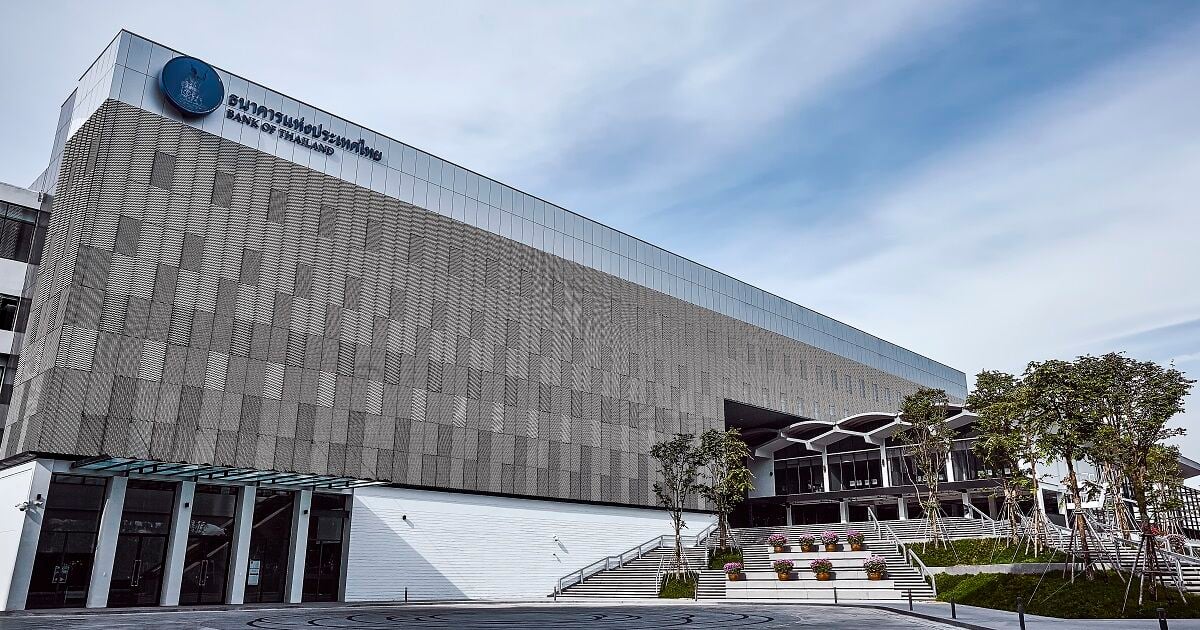Commerce minister plea: Time to cut the baht and boost the rates

Commerce Minister Pichai Naripthaphan called on the Bank of Thailand (BoT) to slash interest rates and stabilise the baht in a bid to boost exports and prop up GDP.
In a policy statement issued today, Pichai slammed the current strength of the baht, which he claims is hitting exports hard. With export growth expected to be sluggish this year, he’s calling on the central bank to step in and tackle the currency’s soaring value.
Today, the baht hit 33 per US dollar, its highest level in more than 18 months. In the past month alone, it has surged by 5-6%.
This stronger baht is squeezing exporters, particularly those dealing in agricultural goods and eating into their profit margins.
Pichai also emphasised the urgent need for the central bank to reduce interest rates to improve liquidity and make funding more accessible.
“Monetary policy is more crucial than fiscal policy as the Bank of Thailand sets interest rate policy and influences the exchange rate, which impacts exports—currently making up 60% of GDP.
“Beyond its regulatory role, the Bank of Thailand should also support the continuity of economic activities during crises.”
The Commerce Ministry intends to further deliberate on this issue shortly.
Last year’s economic expansion was 1.9%, a period during which wealth and income became more concentrated among the wealthy, while the poorer segments faced increased financial distress, resulting in higher household debt.
The ministry has promised to introduce new stimulus measures to revive the economy.
Pichai is expected to continue the policies of his predecessor, Phumtham Wechayachai. These policies include reducing expenses, increasing income, expanding opportunities, and balancing the needs of citizens, consumers, agricultural producers, and business operators to ensure collective benefit.
These policies aim to proactively integrate efforts between provincial commerce offices and trade ambassadors to enhance the competitiveness of Thai products in the global market.
They also involve amending laws and regulations to adapt to the evolving global trade landscape, driving grassroots economic policy, accelerating export growth by restructuring the export sector to respond to new S-curve industries, promoting the use of free trade agreements, and supporting both inbound and outbound investment, reported Bangkok Post.
Latest Thailand News
Follow The Thaiger on Google News:


























